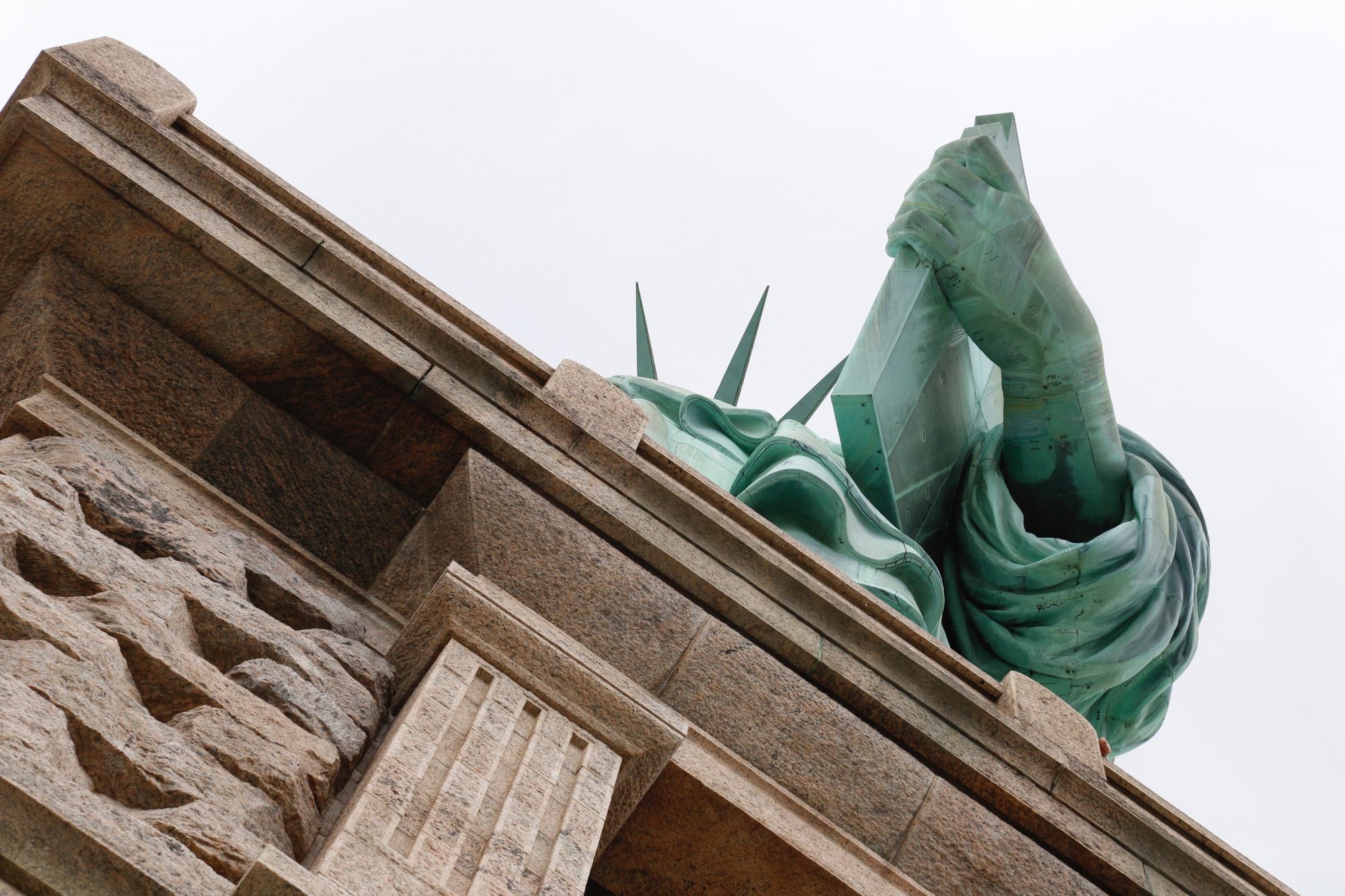What happened?
On December 4th, 2017 the U.S. Supreme Court allowed the latest version of the ‘travel ban’ to take effect fully. Part of the travel ban had been blocked by two U.S. judges. This latest executive order was issued by the President of the United States in late September 2017 after a review of whether each country provides adequate information about their nationals seeking to enter the United States.
What is next?
The legal challenges to the travel ban will continue, and the Supreme Court is likely to have to ultimately make a decision. But pending that decision the ban will be fully enforced.
Which countries are subject to the ban?
Chad, Iran, Libya, North Korea, Syria, Yemen, Somalia and, to a lesser extent Venezuela.
Does the ban include restrictions on new green cards?
Yes. No new green card will be issued to citizens of Chad, Iran, Libya, North Korea, Syria, Yemen, Somalia.
What about green card already issued?
They are not revoked. No change.
What about temporary visitor visas (B1, B2)?
They are suspended for all countries under the ban except Somalia, and apply only to certain officials and their families in Venezuela.
How long is this new ban going to last?
There is no set end date. Countries have to meet the standards set by the U.S. government to be taken off the list.
When will this new ban be fully in force?
December 4th, 2017.
What are the details per country?
Generally there is additional vetting for all citizens of countries under the ban. Citizens of Irak narrowly avoided being subjected to the ban. For all countries, exceptions for individuals traveling on a diplomatic or diplomatic-type visa, North Atlantic Treaty Organization visa, C-2 visa for travel to the United Nations, or G-1, G-2, G-3, or G-4 visa apply.
December 2017 visa bulletin. End of TPS for Haitians. Travel ban headed to the Supreme Court. Funding denials to sanctuary cities blocked.
Which DACA renewal applications are accepted since January 13th, 2018 and why. Updates on what's next for DACA after the U.S. Senate's failure to agree...
Reviewing U.S. work visa renewal applications, including H1Bs, as if they were initial applications could increase the number of H1B denials by 55% and increase...



 All Countries Visa Bulletin
All Countries Visa Bulletin F4-India
F4-India